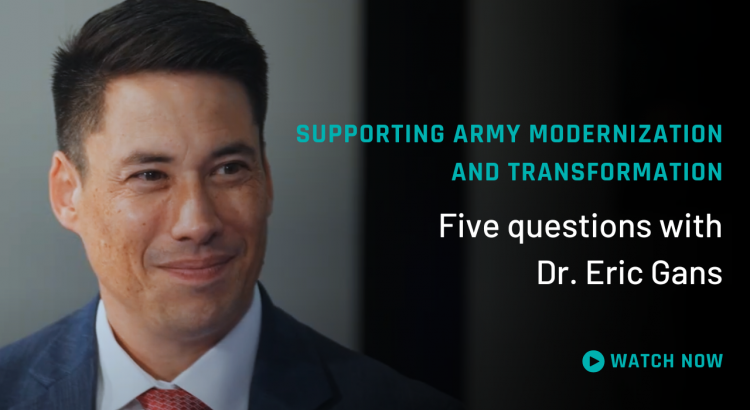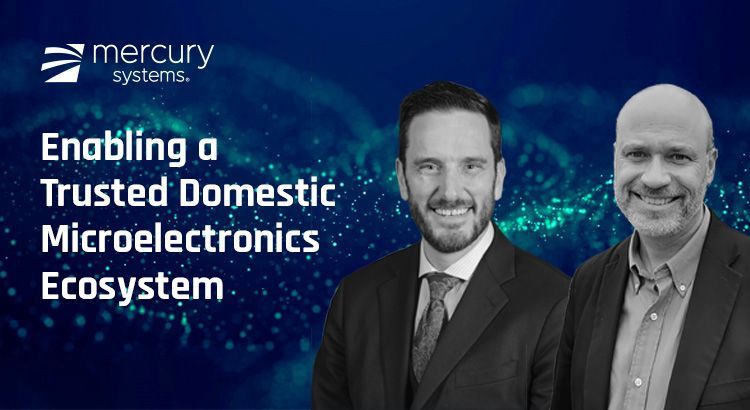
The Secret to Amplifying Your Impact
Leadership Team
November 2, 2018
On my LinkedIn page, I posted an update inspired by the book Grit: The Power of Passion and Perseverance, by Angela Duckworth. Motivated by the response I received, I wanted to explore this topic further in my first blog post!
No matter what job title is listed on my email signature, I’m an engineer by training and at heart. You can imagine my surprise, as I was reading Grit, when I came across these equations I’d like to share with you:
Achievement = Skill * Effort (Eq1)
Skill = Talent * Effort (Eq2)
Combine both equations, and you arrive at a formula that is the subject of today’s post:
Achievement = Talent * (Effort)^2 (Eq3)
Duckworth adeptly refers to this as “Effort counts twice.”
Reflecting on this for a moment, I thought of the professional superstars I’ve encountered during my civilian and law enforcement careers. These superstars were intelligent but not necessarily the smartest people in the room. A few graduated from Ivy League schools, but not all. Their level of education didn’t correlate with their success.
The single, unifying trait of all of these superstars was their ability to stay laser-focused on an end goal and keep driving through challenge after challenge until they were successful. There was never a shortage of effort, even in the most demanding of times.
If I could offer advice to a college student today, I would advise him or her to keep Equation 3 in mind. Whether it’s a hobby, your marriage, or your career, there are only two ways to get better – refine your talents and work harder than you ever thought possible. Know how to get the biggest return on investment by wisely distributing your attention between talent development and applying yourself through hard work. Every individual is on his or her own personal journey, and there is no universal cookie-cutter advice. 
As Duckworth explains in her book, most parents do a great job of pointing out where we have natural talent. We practice to become better, to develop that talent. But we do put in enough effort to realize our full potential for any given talent?
Assume for a moment that I am a new college graduate starting my first professional job. I have very basic skills that are appropriate for an entry-level role. In the beginning, my achievements are small, but the novelty of the situation fuels my effort to improve.
Now I am proficient at my role after 3 or 4 years. My achievements are more significant, and a voice in my mind says, “Look at what you’ve accomplished! Keep doing what you’re doing, and you’ll be fine.” Under a best case scenario, I might continue to expend the same amount of effort.
My journey as a junior employee takes me on the path of the light blue line in the graph below. What the graph doesn’t show, unless I were to add a third dimension to this graph, is that the amount of time it takes to progress from Novice to Superstar is exceptionally long, perhaps even longer than one’s professional career. In this example, with a constant amount of effort, you must increase your talent 64X to achieve superstar status! Can you even begin to fathom what a 6400% improvement might be in one of your skills? To be clear, there’s nothing wrong with this path, unless your goal is to achieve Superstar status.

Let’s consider the possibilities of what could be attained with a shift in mindset – inspired by the book, Grit. What if my effort increases over time, simultaneously while I make a conscious effort to further develop my talent? Clearly this is not a path for the faint of heart. Sacrifices must be made to prioritize the time spent expending so much effort to realize the potential of my talent. However, the combination of talent development and increasing effort is exceptionally powerful. Few choose this path, as it is extremely arduous.

If you want to be the best person you can be, in any dimension of your life, keep in mind that you have two levers to pull: Refine your skills and double-down on your effort. I also encourage talking to your managers and senior leadership to understand their personal journeys. What steps did they take to develop their talent? How did incremental effort help them fully realize their potential?
-Charlie Leader, Senior Vice President, General Manager







 Enabling a Trusted Domestic Microelectronics Ecosystem
Enabling a Trusted Domestic Microelectronics Ecosystem